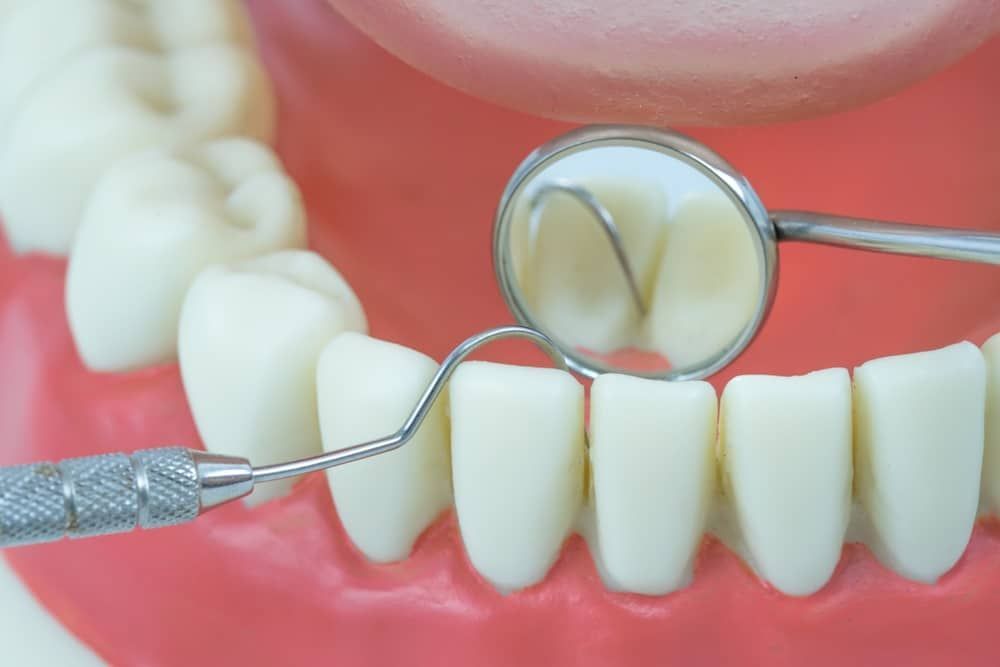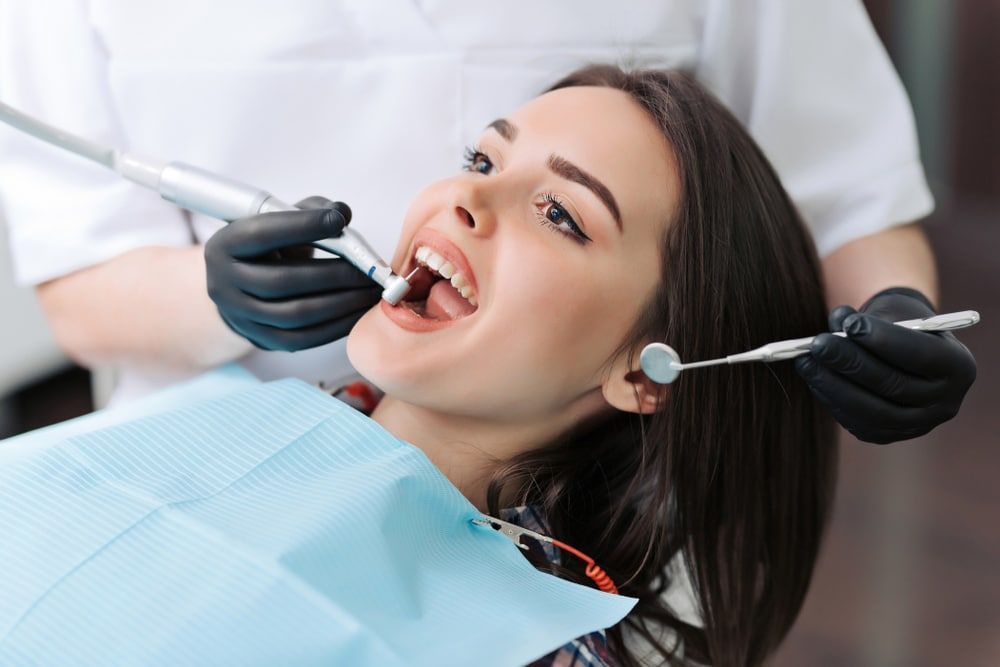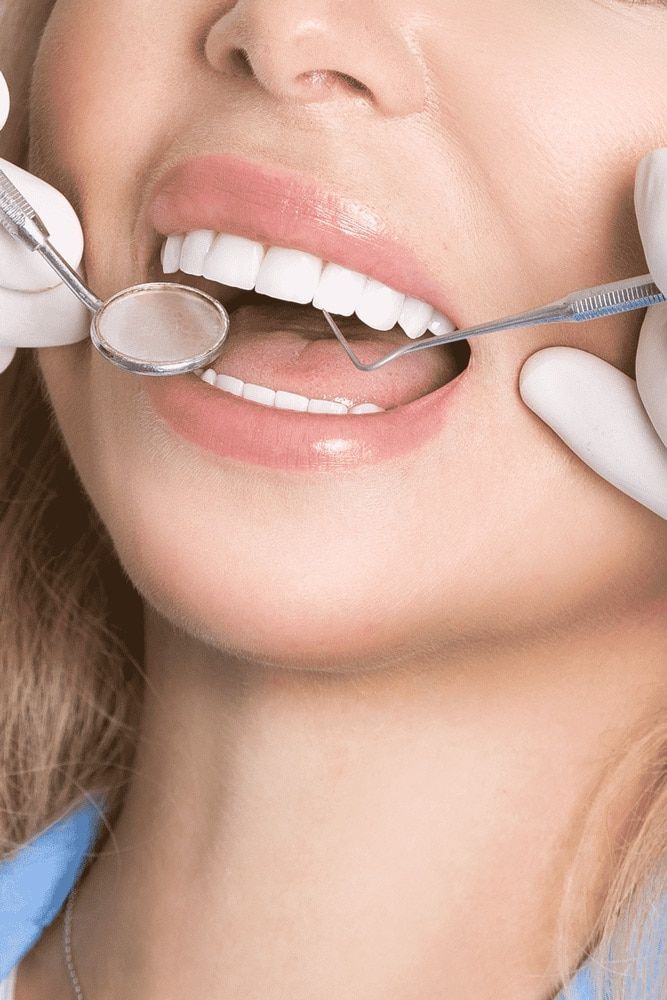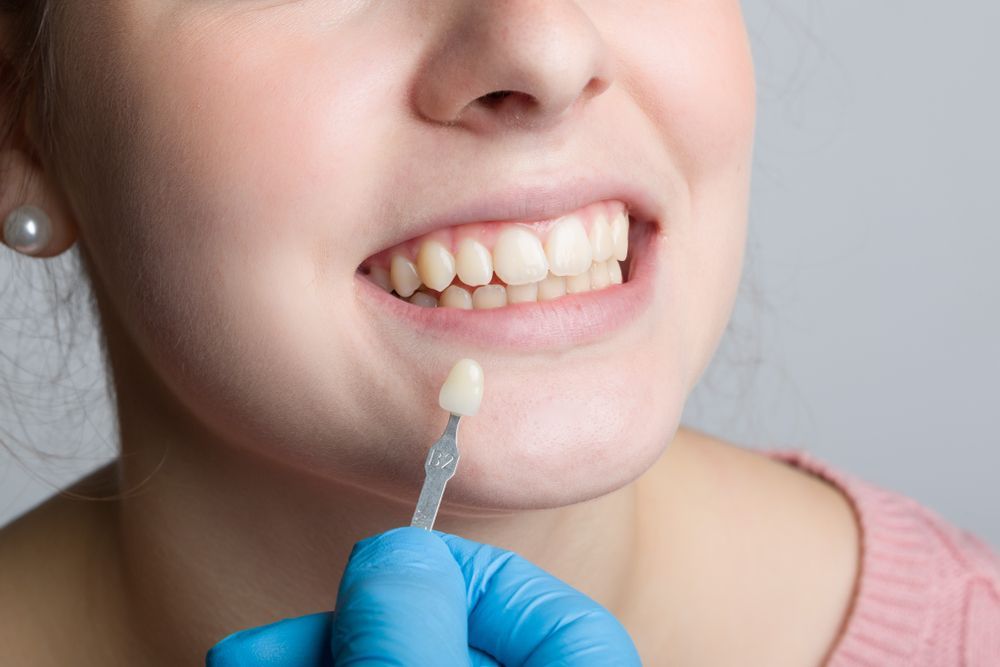What to Do If You Crack or Break a Tooth: Essential Dental Steps for Quick Recovery
A dental emergency can happen when you least expect it—biting into something hard, tripping and falling, or even grinding your teeth during sleep. A cracked or broken tooth might not always cause immediate pain, but it can affect eating, speaking, and oral health if not appropriately addressed. While each situation is different, taking quick and careful steps after the incident may help prevent further issues and support your recovery.
This guide outlines essential actions you can take if you crack or break a tooth and why contacting a dentist can be an important part of the process.
Table of Contents:
- Stay Calm & Assess the Situation
- Protect the Tooth from Further Damage
- Consider Temporary Pain Relief Options
- Contact an Emergency Dentist for Assessment
- Be Aware of Possible Symptoms That May Develop
- Understand That Treatment May Vary
- Preventing Future Dental Accidents
- Know When Emergency Care May Be Appropriate
- Concerned About a Cracked Tooth? Our Mittagong Dentists are Here to Help
Stay Calm & Assess the Situation
Experiencing a dental injury can be unsettling. Remaining calm allows you to evaluate the damage and take appropriate first steps. A broken or cracked tooth may be sharp, discoloured, or visibly fractured, depending on the severity. Some injuries might involve bleeding, while others are only noticeable through sensitivity.
Things to look out for:
- Bleeding from the gums or around the tooth.
- Sensitivity to hot or cold food and drinks.
- Visible cracks, chips, or breaks in the tooth.
- Pain when biting or chewing.
Once you've made a basic assessment, rinsing your mouth gently with warm water can help clear the area and reduce discomfort.
Protect the Tooth from Further Damage
Protecting the tooth from additional trauma after initial first aid is an important consideration. Any further pressure on a cracked or broken tooth might cause more damage and increase discomfort.
You can reduce further impact by:
- Avoiding chewing on the affected side of the mouth.
- Steering clear of hard, sticky, or crunchy foods.
- Placing dental wax (available at most pharmacies) over jagged edges protects your tongue or inner cheek.
- Refraining from brushing directly on the damaged tooth until it’s been examined.
If a piece of the tooth has broken off, carefully wrap it in moist gauze or place it in milk or saline. This may help preserve it for possible evaluation by your dentist.
Consider Temporary Pain Relief Options
Pain and sensitivity can range from mild to intense, depending on the nature of the break or crack. Managing discomfort while you arrange dental care can help you stay as comfortable as possible.
Here are some temporary relief options:
- Over-the-counter pain relief, taken as directed.
- Cold compresses are applied to the outside of the cheek to help with swelling or inflammation.
- Saltwater rinses to keep the area clean and reduce the risk of irritation.
- Avoiding very hot, cold, sweet, or acidic foods and beverages.
- Avoid applying topical pain gels unless instructed by a dentist, as some may not be suitable for exposed dental tissue.
Contact an Emergency Dentist for Assessment
Even if the damage seems minor, promptly reaching out to a dentist is important. A crack or break may expose the tooth's inner layers or affect surrounding structures in ways that aren’t always visible. Without professional evaluation, there’s a chance that underlying issues may go unnoticed.
A dentist can help:
- Determine the extent of the damage using clinical and imaging tools.
- Guide suitable treatment options.
- Address any emerging discomfort or sensitivity.
Booking an appointment as soon as possible allows the situation to be professionally assessed and managed according to individual needs.
Be Aware of Possible Symptoms That May Develop
A cracked or broken tooth might initially appear stable, but symptoms can develop over time. Paying attention to changes in your mouth can help you identify if further evaluation is needed sooner rather than later.
Look for:
- Persistent pain when eating or drinking.
- Swelling of the gum near the affected tooth.
- A change in the colour or transparency of the tooth.
- A bad taste in the mouth or signs of infection.
If any of these signs arise, they may indicate that the inner tissue of the tooth is involved. In such cases, prompt dental consultation is advisable.
Understand That Treatment May Vary
Treatment for a cracked or broken tooth depends on various factors, including how deep the damage is, whether the root is affected, and whether nearby teeth or gums are involved. Every case is different, and decisions are made based on a thorough dental assessment.
Common approaches may include:
- Smoothing or polishing minor chips.
- Applying a composite filling to restore the shape of the tooth.
- Placing a crown over larger fractures to protect the tooth’s structure.
- Removing or replacing a tooth if it is extensively damaged and not restorable.
In some situations, further evaluation may be recommended before choosing a course of action. Your dental provider will guide you through this process, considering your comfort, needs, and long-term dental health.
Preventing Future Dental Accidents
While not every accident can be prevented, some steps may reduce the risk of cracking or breaking a tooth again. Incorporating preventative habits into your routine could support your overall dental wellbeing.
Here are a few simple precautions:
- Avoid using your teeth to open packages or bite hard objects.
- Wear a protective mouthguard during contact sports or activities with a fall risk.
- Use a nightguard if teeth grinding is an issue.
- Stay consistent with dental check-ups to identify weakened or worn teeth early.
These habits may help reduce stress on your teeth and preserve their strength over time.
Know When Emergency Care May Be Appropriate
Some dental injuries may require immediate attention. Recognising signs that indicate urgency can help you decide whether to seek after-hours or emergency dental services.
Emergency attention may be needed if:
- The tooth has been knocked out entirely.
- There is heavy bleeding that doesn’t stop with pressure.
- Pain is intense and does not respond to over-the-counter medication.
- You experience swelling in the face or jaw, especially with fever.
When in doubt, calling a dental clinic or medical professional for advice is always a good idea.
Concerned About a Cracked Tooth? Our Mittagong Dentists are Here to Help
Getting timely dental advice can make a meaningful difference in your recovery if you've cracked or broken a tooth. At Mittagong Dental Care, we provide compassionate support and tailored care to guide you through unexpected dental concerns. Whether it’s discomfort, sensitivity, or an urgent injury, we’re here to help you understand the steps forward.
Give us a
call or visit our contact page to speak with our team and schedule an appointment. Taking that first step can help bring clarity and reassurance when needed.












